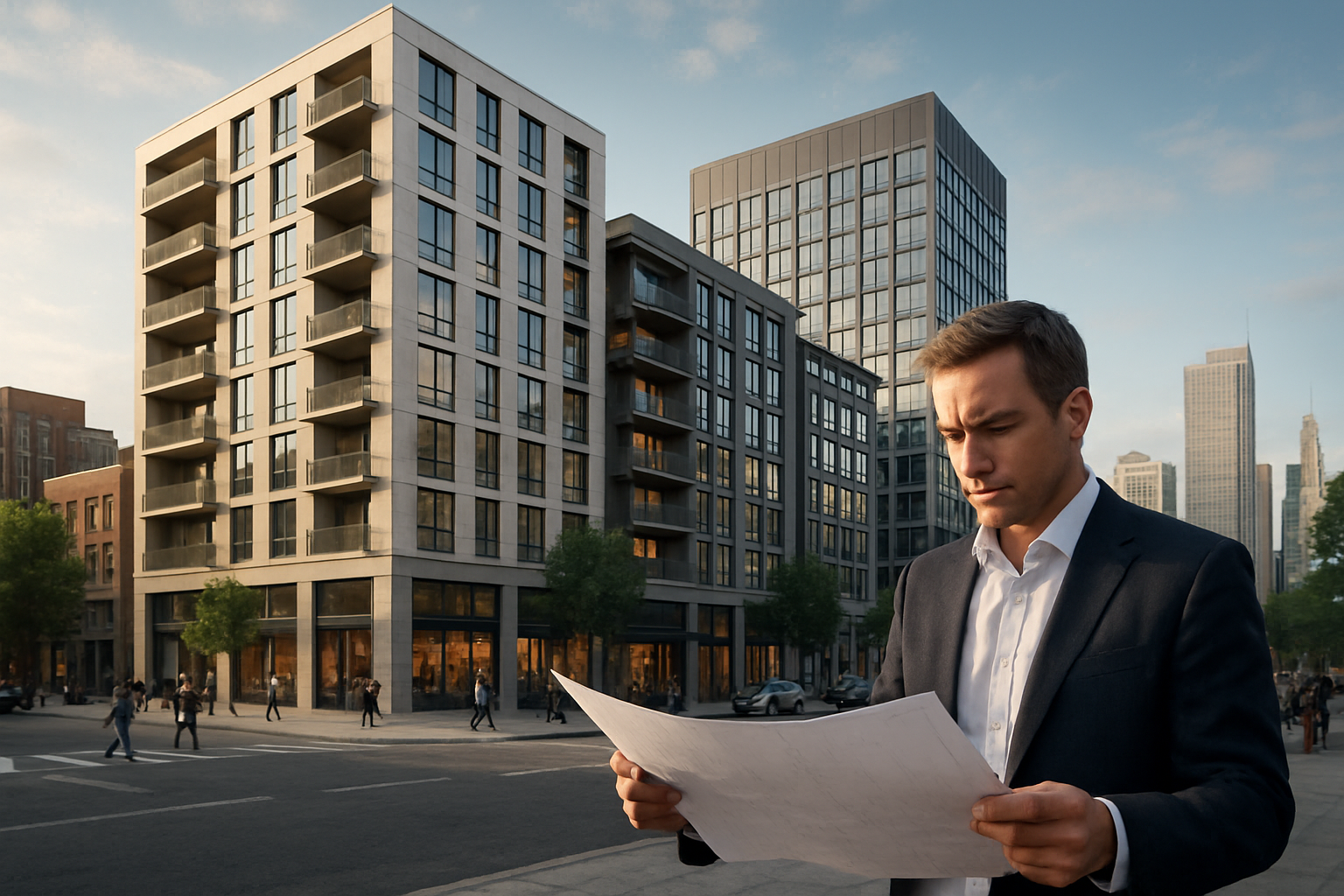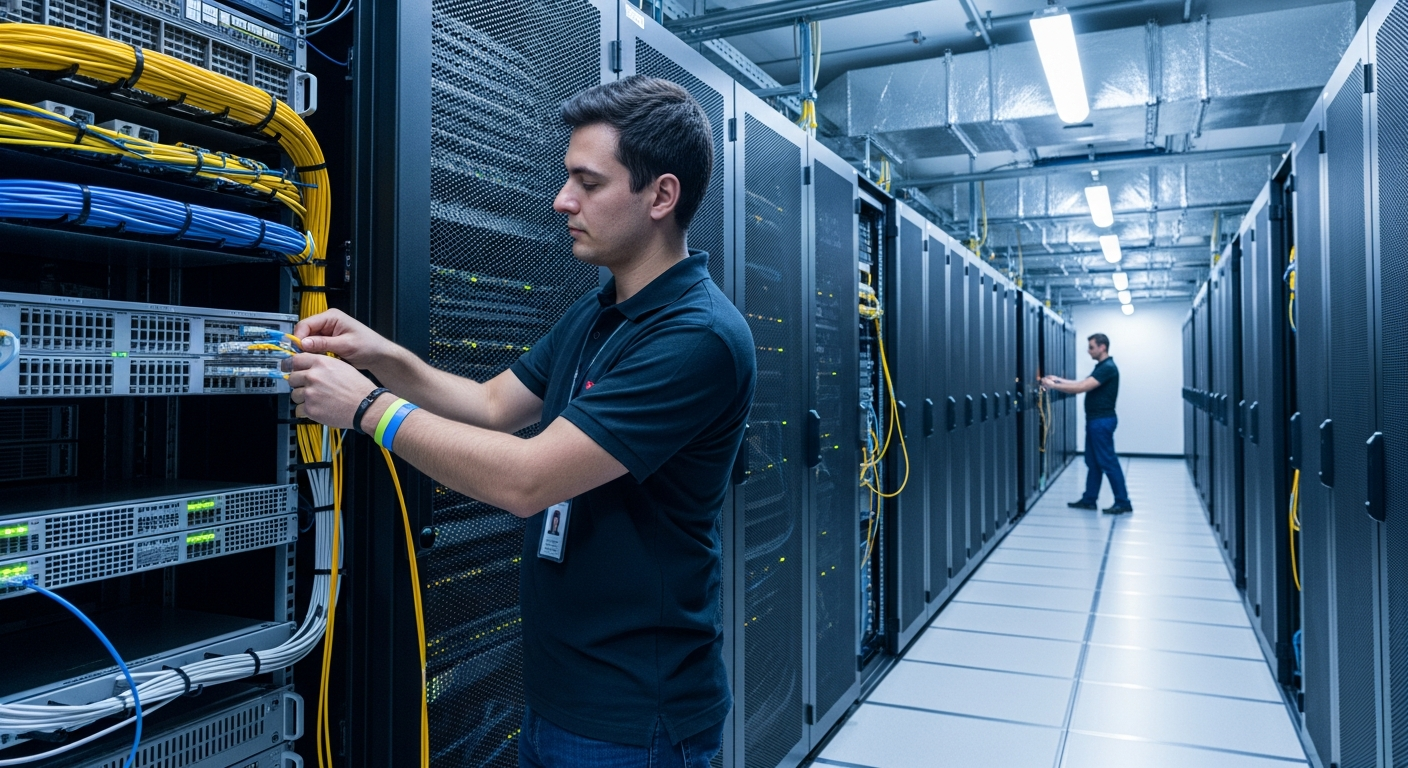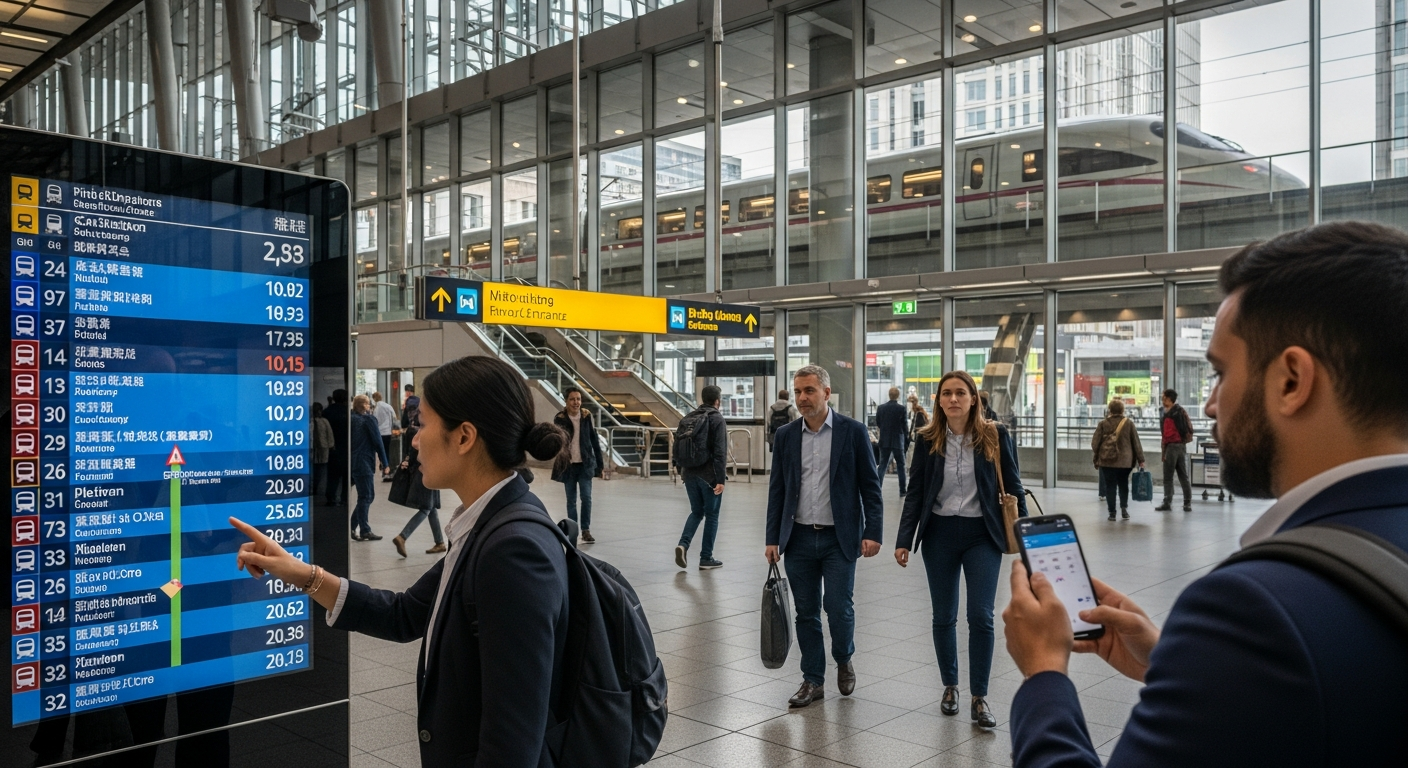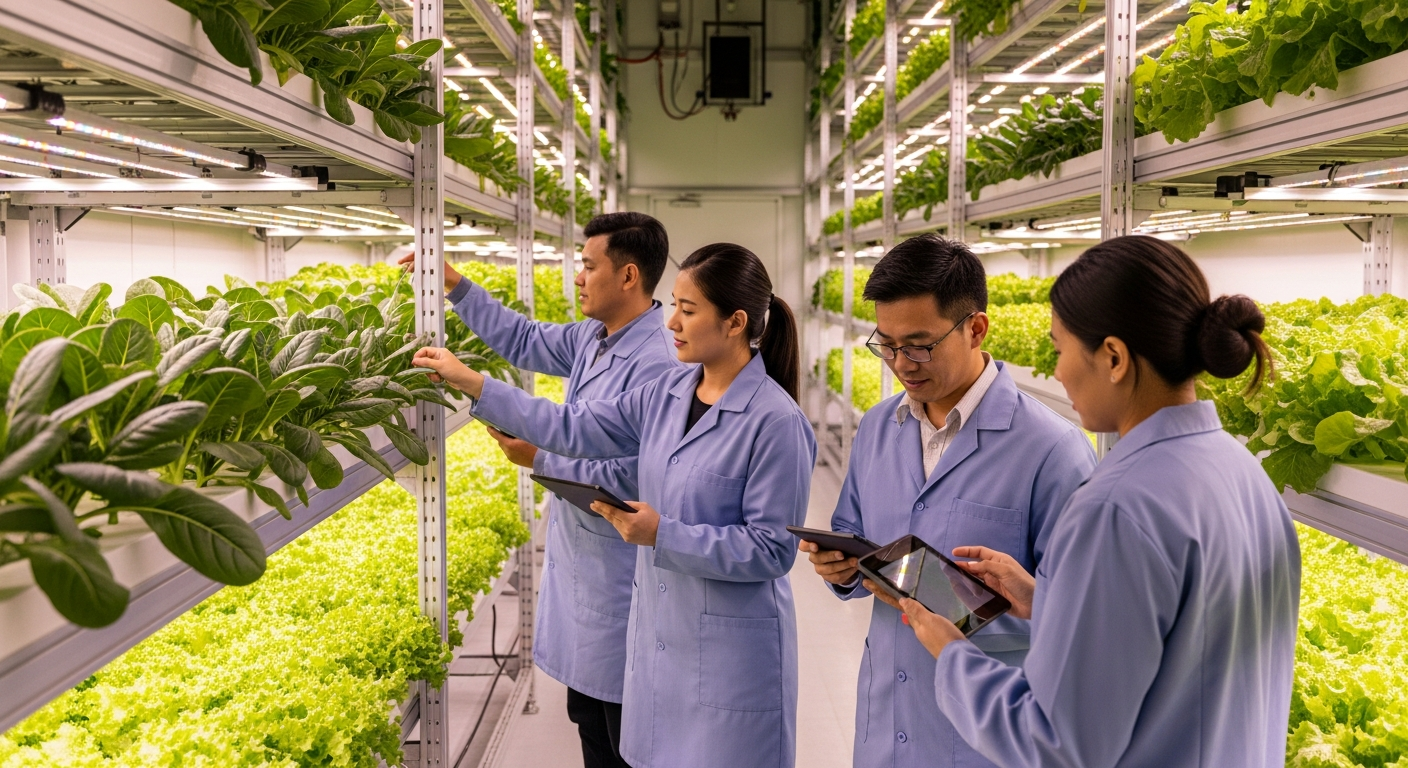The Shifting Landscape of Sustainable Real Estate Investment
Sustainable real estate investment is rapidly evolving, reshaping the property market and offering innovative opportunities for eco-conscious investors. This burgeoning sector combines environmental responsibility with financial acumen, presenting a compelling avenue for those seeking to align their portfolios with green principles while potentially reaping substantial returns.

The Green Building Revolution
The concept of green buildings has gained significant traction in recent years. These structures are designed to minimize environmental impact through energy efficiency, water conservation, and sustainable materials. From LEED-certified office towers to net-zero energy homes, green buildings are setting new standards in the real estate market.
Investors are taking notice of the long-term benefits associated with sustainable properties. These include lower operating costs, higher occupancy rates, and increased property values. As governments worldwide implement stricter environmental regulations, green buildings are becoming not just an ethical choice but a smart financial decision.
The Rise of Sustainable REITs
Real Estate Investment Trusts (REITs) focusing on sustainable properties are emerging as a popular vehicle for investors seeking exposure to the green real estate market. These specialized REITs invest in a diverse portfolio of environmentally friendly properties, offering investors a way to participate in the sustainable real estate movement without directly owning and managing properties.
Sustainable REITs often outperform their traditional counterparts, benefiting from lower vacancy rates and higher tenant satisfaction. As more companies commit to reducing their carbon footprint, the demand for green office spaces and eco-friendly industrial facilities continues to grow, driving the success of these innovative investment vehicles.
Impact Investing in Real Estate
Impact investing, which aims to generate positive social and environmental outcomes alongside financial returns, is making significant inroads in the real estate sector. Investors are increasingly allocating capital to projects that address pressing societal issues such as affordable housing, urban regeneration, and community development.
These investments not only contribute to solving social challenges but also offer the potential for attractive returns. As governments and institutions prioritize sustainable development, impact-focused real estate projects often benefit from favorable zoning laws, tax incentives, and public-private partnerships, enhancing their financial viability.
Technology’s Role in Sustainable Real Estate
Advancements in technology are playing a crucial role in driving sustainable real estate investments. Smart building systems, IoT devices, and AI-powered energy management solutions are revolutionizing property operations, significantly reducing energy consumption and operational costs.
Investors are increasingly factoring in a property’s technological capabilities when assessing its long-term value. Buildings equipped with cutting-edge sustainable technologies not only command premium rents but also future-proof investments against evolving environmental regulations and changing tenant preferences.
The Financial Case for Sustainable Real Estate
While the ethical arguments for sustainable real estate are clear, the financial case is equally compelling. Studies consistently show that green buildings command higher rents, enjoy lower vacancy rates, and experience faster appreciation compared to conventional properties.
Moreover, as climate-related risks become more pronounced, properties with strong sustainability credentials are likely to be more resilient to physical and transition risks. This resilience translates into lower insurance premiums and more stable long-term returns, making sustainable real estate an attractive option for risk-aware investors.
Key Strategies for Sustainable Real Estate Investing
-
Conduct thorough due diligence on green certifications and sustainability features when evaluating properties
-
Consider investing in sustainable REITs for diversified exposure to the green real estate market
-
Explore opportunities in emerging eco-friendly property types, such as mass timber construction or vertical farms
-
Assess the potential for value-add investments through sustainability upgrades to existing properties
-
Stay informed about evolving environmental regulations and their potential impact on real estate markets
-
Evaluate the long-term operational cost savings of sustainable properties when calculating potential returns
As the real estate industry continues to evolve towards sustainability, investors who recognize and capitalize on this shift stand to benefit significantly. By embracing green building practices, leveraging technology, and aligning investments with environmental and social goals, savvy investors can position themselves at the forefront of this transformative trend in real estate. The future of property investment is undoubtedly green, offering a unique opportunity to generate returns while contributing to a more sustainable built environment.






